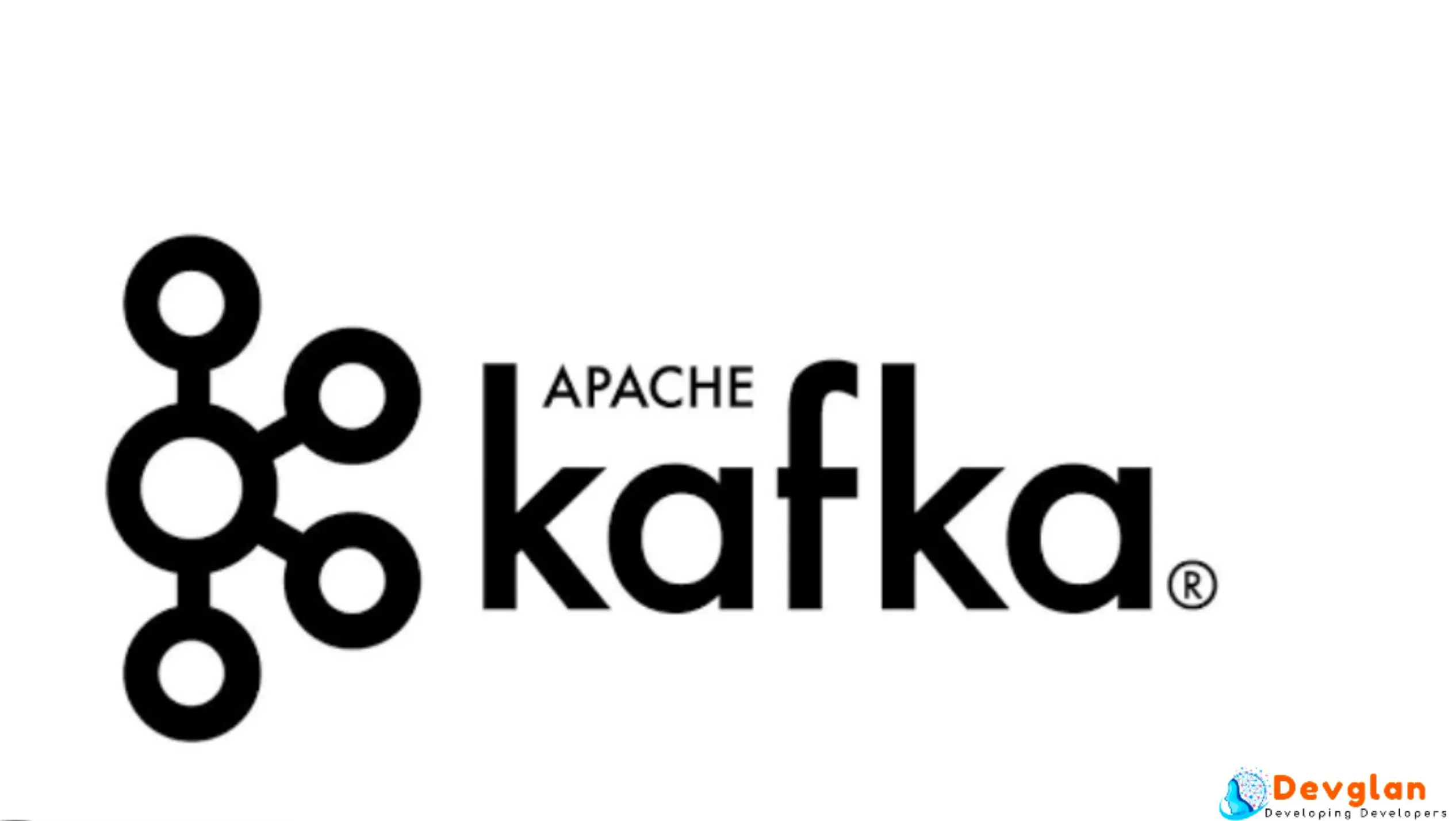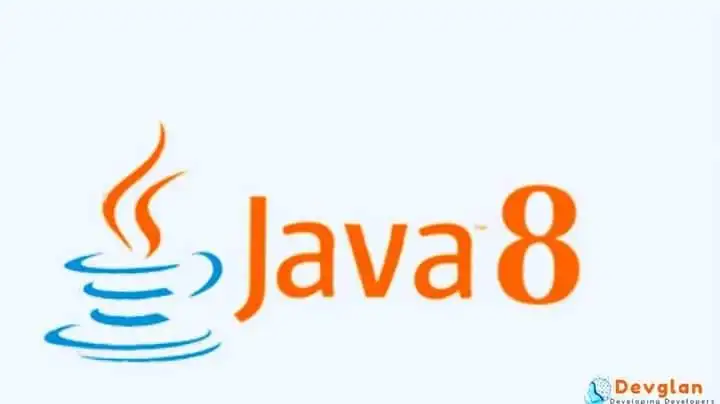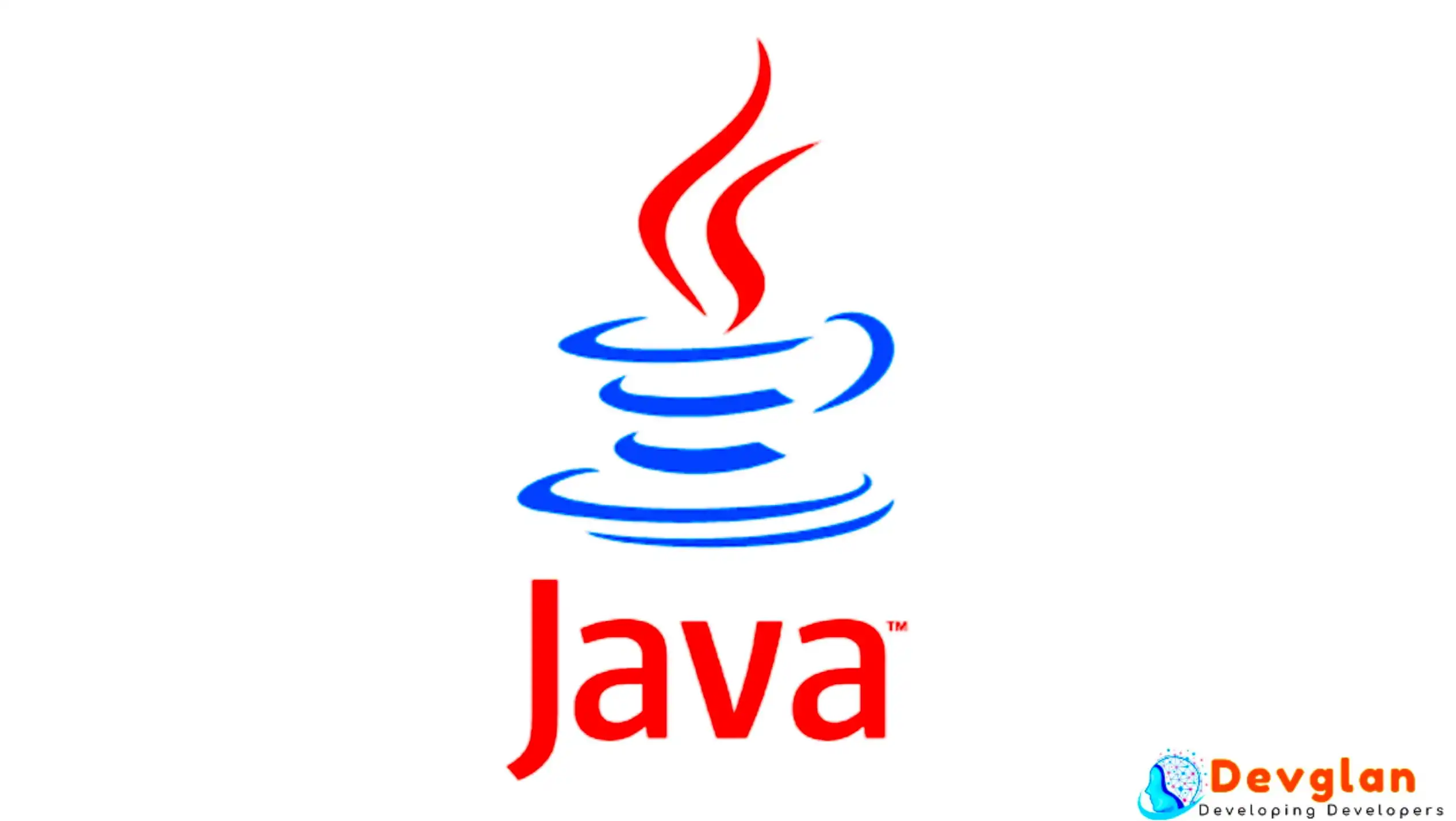As cybercrimes keep escalating, more people turn to Virtual Private Network (VPN) applications, making them increasingly popular as a measure to enhance online privacy and prioritize security. With the evolving technological advancements, VPN app developers desirous of automated workflows can now leverage artificial intelligence (AI) and machine learning, for instance, to improve their offerings and stay ahead of the competition.
One area that holds great promise for VPN app developers is leveraging artificial intelligence (AI) for language programming. Artificial intelligence has made significant strides in natural language processing (NLP) and machine learning, and harnessing these advancements can enhance VPN applications in several ways.
VPN app developers must acquire the relevant knowledge of programming languages, such as Python, used for AI and machine learning development; AI makes this task that is otherwise strenuous easy for the developers. AI can help developers understand Python's syntax, libraries, and best practices through automated code analysis, intelligent code completion, and real-time error detection.
Additionally, AI can aid in learning languages like C and C++ by providing personalized learning resources and interactive tutorials based on individual developer's proficiency and goals. This capability AI confers on app developers streamlines the process of developing VPN apps, such as 1 Click, Urban, Windscribe, and Proton; the reason VPN app developers can leverage the AI technology for their tasks is that VPNs, whether the apps or extensions, deploy the same features to mitigate cyber crimes.
For instance, you can’t develop a 1 Click VPN to tackle email phishing alone, while the urban VPN combats malware only. AI can also enhance the learning process for newer languages like Rust or Go by providing targeted guidance and adaptive learning paths to help developers quickly grasp the essentials, especially as hackers now deploy advanced technology to launch cyberattacks, such as advanced email phishing and AI-enabled malware intrusion and infection classical VPN features can’t mitigate.
From improving user experience to boosting security, integrating AI in VPN apps can bring about several benefits, including the following.
Enhanced user experience
By leveraging AI for language programming, VPN app developers can enhance the user experience by implementing chatbots and virtual assistants within their applications. These AI-powered interfaces can help users troubleshoot issues, provide real-time support, and offer personalized recommendations based on individual usage patterns.
Furthermore, NLP algorithms can interpret and respond to user queries, making it easier for users to interact with the VPN application.
Improved security and privacy
AI can be crucial in strengthening VPN apps’ security and privacy features. By leveraging AI algorithms, VPN developers can better detect and prevent security threats, like malware and email phishing attacks.
Also, AI can proactively analyze user behavior and identify potential security risks, allowing VPN apps to protect their users' online activities. Additionally, AI-powered language programming can help to develop more robust encryption protocols, further securing users' data and communications.
Some advanced cybersecurity measures include:
- AI-powered threat detection - This proactive, innovative feature and a paradigm shift enables real-time patterns and behavior analysis, ensuring potential threats are swiftly identified and neutralized.
- Post-quantum cryptography - The futuristic feature, aimed at withstanding the computing power of quantum computers, enables them to decrypt encryptions and crack passwords that were impossible for classical computers in seconds or minutes.
- Multi-hop, cascading, or double VPN - With the hindsight that ISPs, hackers, or third parties can go miles to access users’ IP addresses, app developers enabled multi-hop, cascading, or double VPN features in VPN apps and extensions. The innovation routes users’ internet traffic in several locations, forming a complex web that confuses eavesdroppers and rendering monitoring of browsing activities virtually impossible.
- Split tunneling 2.0 - A vital feature of a VPN is internet traffic encryption; however, this can slow down internet speed. Split tunneling 2.0 customizes your choice on which data packets should pass through the encryption channel and which should access the internet directly. The effect of split tunneling your internet traffic is ISP throttling elimination, bandwidth usage reduction, and increased internet speed, ensuring security by encrypting sensitive information.
Personalized content and recommendations
AI-powered language programming can enable VPN applications to deliver personalized content and recommendations to users. By analyzing user data and behavior, AI algorithms can customize the content and services offered within the VPN app to suit each user’s needs and preferences, increasing user satisfaction and retention by enabling a more appealing and agreeable user experience targeted text.
Through AI algorithms, VPN apps can understand user preferences, usage patterns, and browsing behavior to curate content that aligns with individual interests. For example, based on a user's browsing history and geographical location, the VPN app can suggest specific content, such as news articles, streaming recommendations, or localized services related to the user's context.
Furthermore, personalized recommendations can extend to security and privacy features within the VPN app. By analyzing user behavior and historical data, the AI-powered system can offer tailored security suggestions, such as recommending specific encryption protocols, security settings, or privacy configurations that align with the user's online activities and potential threats.
Overall, personalized content and recommendations foster a more user-centric experience, as they empower VPN users with tailored suggestions and options that cater to their specific needs and preferences, ultimately enhancing their satisfaction and trust in the VPN application.
Optimized network performance
You can deploy AI to optimize the network performance of VPN applications. By analyzing network data and user behavior, AI algorithms can dynamically adjust connection parameters and server selection to deliver the best possible performance for each user, enabling faster and more impeccable and dependable connections and comprehensively improving user experience and satisfaction.
VPN apps help in optimizing network performance in several ways. Firstly, they encrypt internet traffic, which secures data from hackers and other malicious entities. This encryption also prevents ISPs from throttling internet speeds based on the type of online activity.
Additionally, VPN apps can help bypass geographical restrictions, which improves connection speeds by allowing access to servers with less traffic. VPN apps are crucial in optimizing network performance by ensuring secure, unrestricted, and efficient internet connectivity.
Language processing for multilingual support
AI-driven language programming can facilitate multilingual support, enabling VPN apps to cater to people in different countries and languages. NLP algorithms can accurately interpret and translate user queries and content, enabling VPN apps to provide seamless support for users across several languages and regions, helping VPN developers widen their user base and penetrate new markets seamlessly.
Moreover, AI can aid in improving multilingual customer support within VPN apps by enabling language processing algorithms to power chatbots and virtual assistants capable of understanding and responding to user queries in various languages. This improvement enhances the user experience for non-native language speakers and streamlines the support process for VPN app developers.
Additionally, VPN app developers can leverage AI to analyze user behavior and preferences across different languages, enabling VPN apps to deliver personalized content, recommendations, and user interfaces tailored to individual language preferences. This personalized multilingual support can significantly enhance the usability and effectiveness of VPN apps for users worldwide.
Conclusion
Integrating AI for language programming presents vital potential for VPN app developers looking to enhance their offerings. From improving user experience to strengthening security and expanding global reach, AI will be immensely beneficial to VPN applications.
By leveraging AI algorithms and language processing capabilities, VPN developers can create more intelligent, personalized, and secure applications that meet the evolving needs of users in the digital age.

















